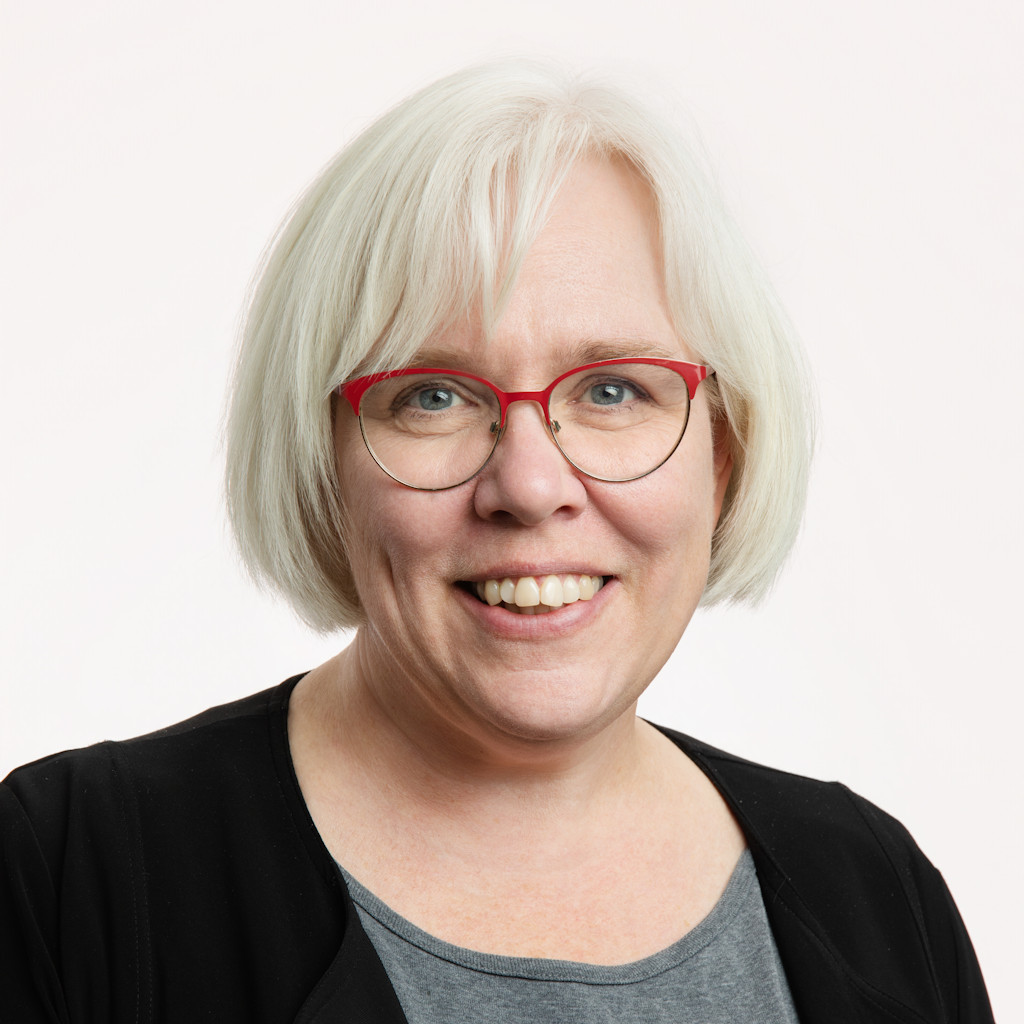
Wyvern raises US$4.5M, enters Y Combinator
Edmonton-based space company Wyvern has been accepted into the Y Combinator technology accelerator, and has closed an oversubscribed seed round for US$2.25 million, led by MaC Venture Capital, in addition to US$2.25 million in pre-seed funding and support from the federal government.
"It feels absolutely unreal," CEO Christopher Robson said of the announcement.
"I remember walking to the (University of Alberta) every morning ... and I had no idea if I'd work in the space industry because it's Alberta. (Wyvern) only started a few years ago and all of a sudden we're launching satellites."
The startup plans to use the funds raised to launch its first three satellites, and "pave the way for commercial access to cost-effective imaging capabilities such as 5m shortwave-infrared (SWIR) in the coming years." SWIR is a spectrum of light that is useful in industries like mining, agriculture, and oil and gas.
"You just see so many things in that spectrum that you can't see with your eyes," Robson said. "You'd be able to see a methane plume, you'd be able to measure directly the moisture of the ground, and you'd be able to distinguish between the minerals in a mineral field, purely based off how they're how they're reflecting light. If you were a farmer, you could look at a field and tell what kind of crop it is just based off of this whole spectrum."
Several of Wyvern's founders got their start in the University of Alberta's AlbertaSat program — designing, building, launching, and operating the first "made-in Alberta" satellites.
Ian Mann is a professor in the department of physics at the University of Alberta and a faculty advisor for the AlbertaSat program. He was involved with the program when several of Wyvern's founders were participants, and told Taproot that it has been inspiring to watch them excel.
"It was a goal of the AlbertaSat program ... to create a hub for space innovation on the campus here in Edmonton, to create an interdisciplinary project which would train the next generation of scientists, engineers, innovators, and entrepreneurs and who could become future leaders in the new space race," Mann said.
"The innovation to create Wyvern, with the goal of (bringing) game-changing space-based multispectral imaging from small satellites to the commercial market, is a beacon which I hope will attract future generations of students to a space future here in Alberta."


